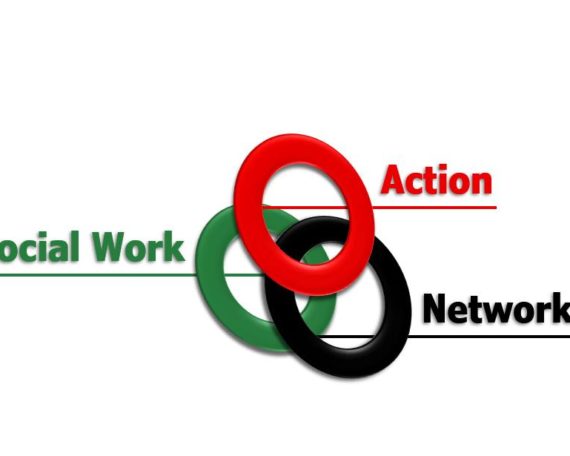At the launch speakers from BASW and the GSCC praised the Task Force group and the ‘excellent report’. The atmosphere was one of ‘uniting together’ to push the profession forward. Indeed when I asked three questions about the implications of the report for frontline workers I was loudly ‘tutted’ for even raising such questions!
 One obvious question we should ask is: Where’s the cash? The recommendations that seem most attractive will require significant amounts of funding. But as both main parties claim that we are now entering a period of welfare retrenchment – how will this be paid for?
One obvious question we should ask is: Where’s the cash? The recommendations that seem most attractive will require significant amounts of funding. But as both main parties claim that we are now entering a period of welfare retrenchment – how will this be paid for?
The recommendation that has seemingly gained most support is for the creation of a College of Social Work (or even a Royal College of Social Work). But the College proposal raises some awkward issues. When workers have contacted SWAN over the last few years the key issues they identify are:
1. The impact of managerialism on the job of frontline workers – the control of the work process, the embodiment of that control within IT systems, the lack of time to build relationships with clients/service users, budgetary restrictions, excessive case-loads, etc
2. The impact of marketisation on service delivery – the ways in which social workers – who come in to the profession with a vision of meeting people’s needs – find themselves forced to ‘ration care’; the ways that marketising pressures have undermined the quality of services and the working conditions of those who work in the (increasingly privatised) care sector, etc.
How exactly will a Royal College solve these problems?
The College is put forward as offering a single voice for Social Work. This, it is claimed, will allow us to gain visibility for all the good work we do. But the obvious question is ‘Whose voice will it represent?’ The frontline worker or the Director of Social Services? Will the voice of frontline workers and Directors be the same? Are those who promote marketisation of care and managerialism have the same interests as those frontline workers who are often appalled at the impact of marketisation of services on those that we work with?
When frontline workers find themselves under attack it is usually from their employing agencies – wanting to change their working conditions, their pay rates – or even their right to speak out about local events that affect social work clients. (It is only occasionally that social workers come under attack from the media, though, of course, such attacks do have a high profile, and do have an impact on the profession.) When such attacks happen, social workers are best served by uniting with their colleagues – and other workers – within their unions. Yet where does the College proposal leave Unison and social work trade unionism?
The College idea seems attractive. It seems to be tied to a promise of better pay and career pathways; it seems to offer protection; it seems to bring about recognition and bring social workers into line with doctors, nurses and others within the caring professions. But the suggestion that the solution to the crisis of social work is rooted in a more sharply defined professionalism – one that brings with it more distinction and distance from other welfare workers and service users – is an argument that is deeply problematic.

